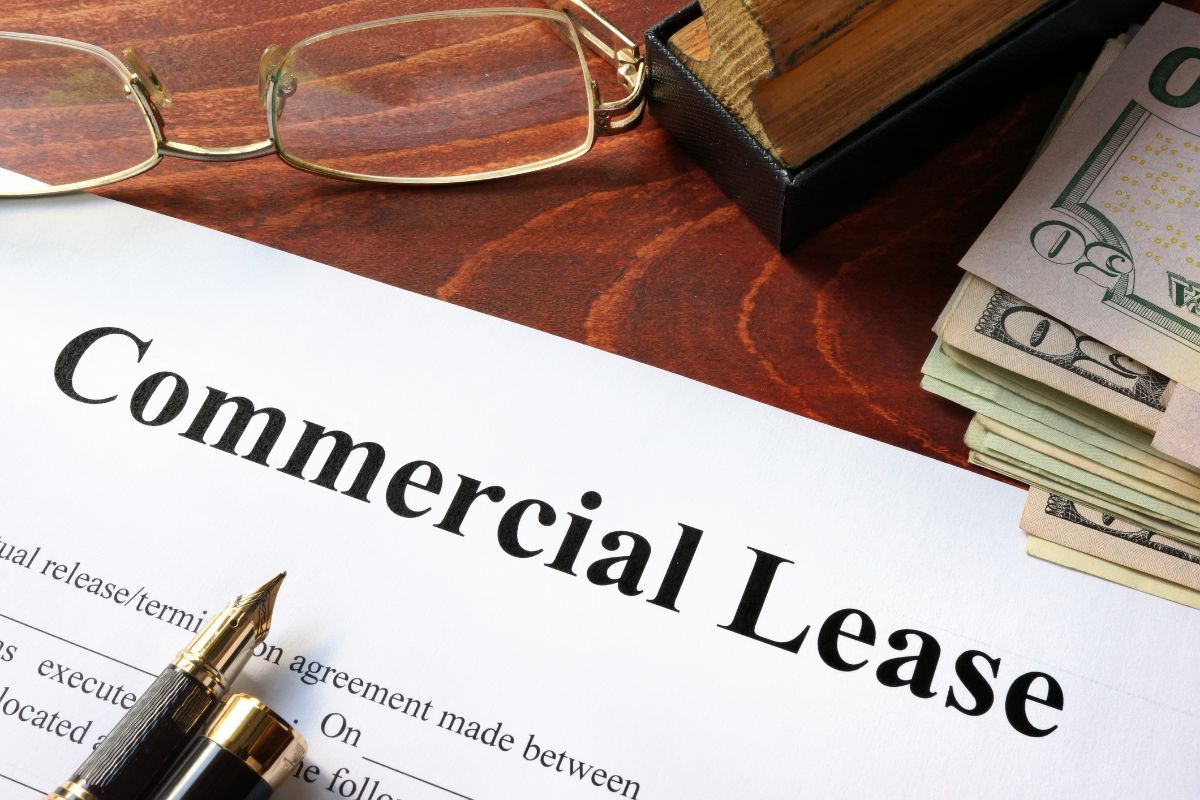Commercial leases typically contain several provisions that are not typically included in standard residential leases. These include:
Complex Fee Structure
Whereas residential leases generally only charge a monthly rental fee and late fees, commercial leases may have several fees including (1) monthly rental amount; (2) CAM (or Common Area Maintenance) fees which are charged to tenants in shopping centers, office parks, and other multi-unit buildings to pay for the upkeep of common areas including sanitation, and landscaping; and (3) allocated fee for property insurance costs for the entire property.
Provisions for Annual Escalation
Landlords can charge a base fee for the first year of a commercial lease but may also have a provision within the lease agreement that increases the fee annually by a set percentage or amount to keep up with inflation and market appreciation.
Options to Extend or End the Lease
Commercial leases can include a set of provisions concerning the duration of the lease favorable either to the landlord, tenant, or both. A tenant may want to be secure in knowing that the lease will last for a minimal amount of time to give the business a good chance to prosper. Conversely, a tenant may want to escape the lease after a couple of years so as not to be burdened by a lengthy, expensive obligation. Landlords may likewise want to ensure that a tenant will stay on the property for an extended period of time, but have the option to terminate if the tenant demonstrates a lack of trustworthiness by failing to pay rent or maintaining the leased premises properly.
Allocation of Duties of Each Party
Often landlords will have responsibility for the structure of a leased building, including the foundation and roof, whereas tenants are responsible for the maintenance of the interior and fixtures. Effective commercial leases need to spell out these differences with specificity.
Default
The landlord or lessor has an interest in having a lease that spells out the events that can cause a default, such as failure to pay lease amounts, destruction of property, or violation of other provisions in the lease. This can allow the landlord to terminate a lease if necessary and protect legal rights in the event of an eviction or other legal action.
Whether you are a landlord renting residential property or a business seeking to lease commercial property, you need the guidance of an experienced Arizona real estate attorney to provide insight and guidance on both the landlord and tenant’s obligations under leases.
Our real estate attorneys represent parties on either side of real estate and financing transactions, including buyers, sellers, landlords, tenants, lenders, borrowers, trustees, guarantors, shareholders, partners, and others. We advise, structure, negotiate, and document a variety of real estate and financing transactions, including leases, purchase and sale agreements, financing agreements, and development agreements for a variety of commercial and residential projects. Contact us today and learn how we can help.


